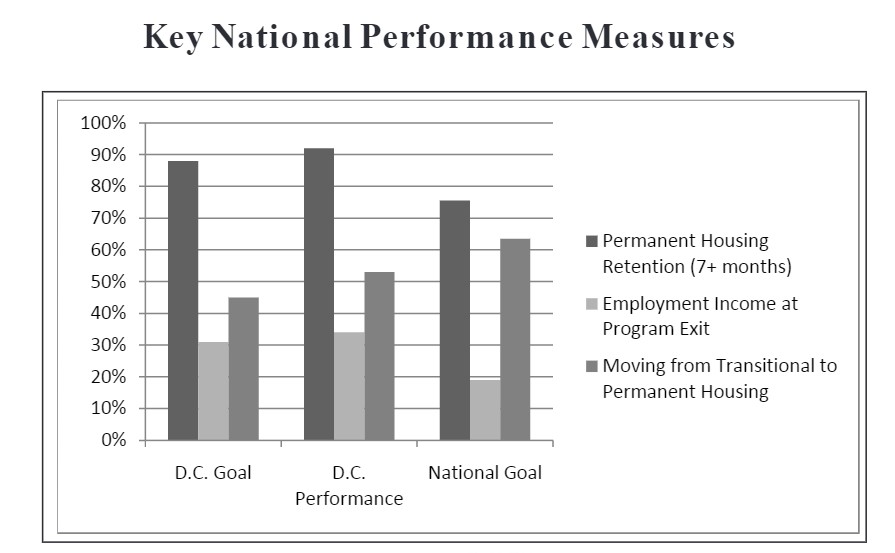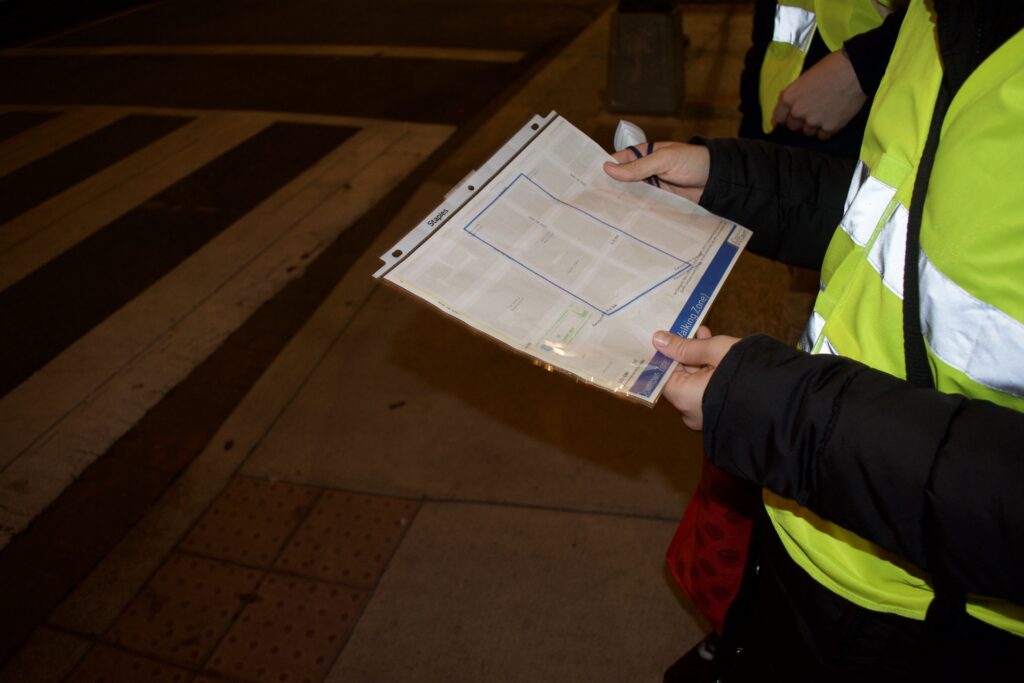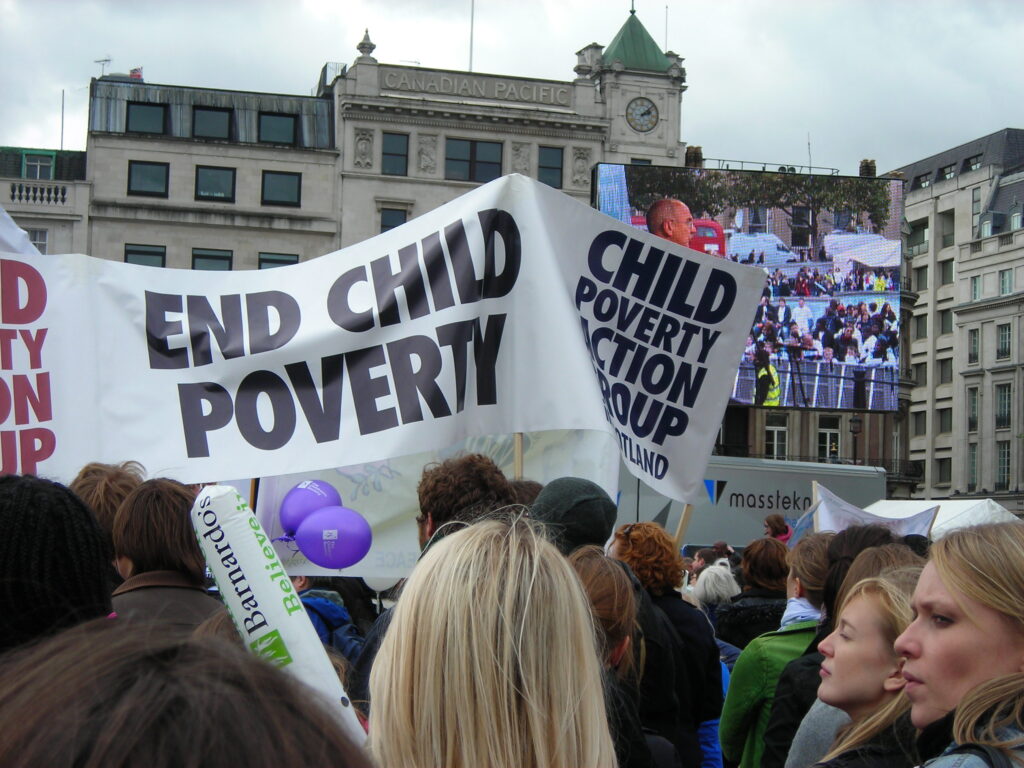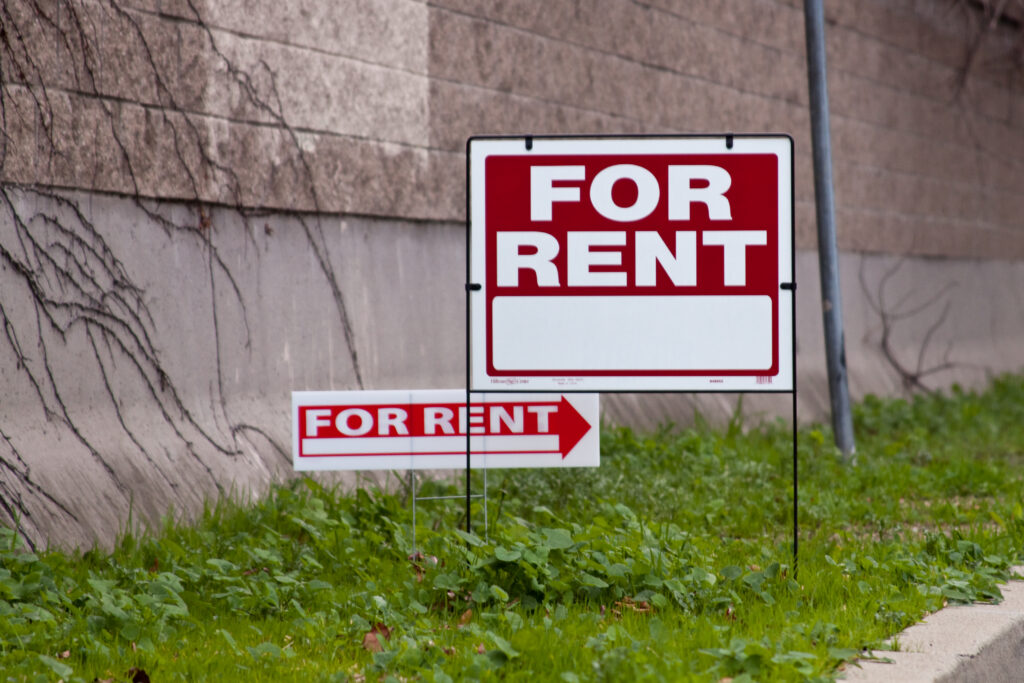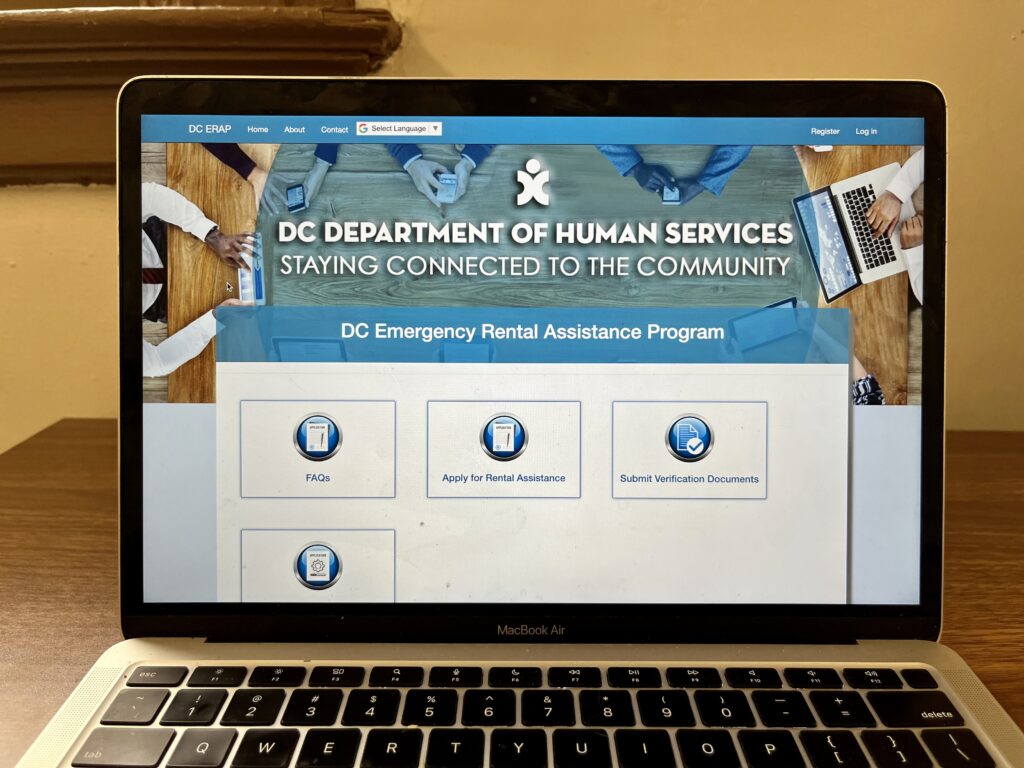The McKinney-Vento Fund awarded more than $18 million to the District for transitional and permanent supportive housing. Existing transitional housing programs received $13.8 million and permanent supportive housing for disabled individuals received $4.7 million.
The National Coalition for the Homeless received award letters totaling $375,000 to support two transitional housing projects.
“We received the exact same amount of money we did five years ago to support these programs, but costs have risen and there is no annual cost of living adjustment,” NCH director Michael Ferrell said.
Approximately $1.5 billion in HUD funds were distributed to nearly 500 municipalities throughout the country. The District is also awaiting word on a new two-year, $933,000 proposal that will fund a new permanent supportive housing project.
Spring Road Apartments, operated by the Coalition for the Homeless, has received HUD funding since 1990 to support its 28-unit transitional housing project for families with children.
“Last year was a good year for our program,” said Ferrell.
His agency reported a housing placement rate of 79 percent, with 22 out of 28 successfully moving in to permanent housing.
In May 2009, the HEARTH Act was signed, authorizing an annual increase in funding to $2.2 billion. The act also calls for changes in increased administrative funding eligibility and a greater proportion of funds for emergency shelter grants. However, advocates have said that authorization levels do not guarantee actual funding appropriations. Changes are not scheduled to take effect for two years.
“McKinney–Vento funds are essential in advancing our efforts to help people experiencing homelessness,” said Laura Zeilinger, deputy director for program operations for the D.C. Department of Human Services. She added that while the District allocates significant local funding, HUD homeless funding is “critical in supporting the entire continuum of care for homeless services.”
Currently, no HUD mechanism exists for Supportive Housing Program renewal projects to receive additional funds beyond original levels.
Significant disparities exist between reported levels of homelessness and funding allocations across the country. The District’s allocation represents approximately $2,800 per capita and is based on a homeless estimate of 6,228 from the 2009 point-in-time study.
On average, HUD funds approximately $2,000 per capita using the D.C. Continuum of Care’s reported levels of homelessness. Countrywide, HUD funding ranges runs from more than $10,000 per individual in Pittsburgh and Cleveland to $1,000 or less in San Diego and Las Vegas.
Homeless assistance applications are submitted by the Community Partnership for Homelessness, the applicant agency for the majority of projects and administrative coordinator for the D.C. Continuum of Care, a coalition of service providers, government agencies, community partners and advocates.
Nearly 500 Continuum members nationwide compete for the limited pot of new funding.
The Maya Angelou House, operated by SOME as a provider of drug treatment for homeless women, receives 80 percent of its annual $600,000 budget from the McKinney-Vento dollars, according to Richard Gerlach, executive director of SOME.
The program, which serves up to 15 women at a time, takes 90 days for strict treatment. The majority of the women suffer from both substance abuse and mental illness. It has an 80 percent completion rate, nearly double that of most homeless treatment programs. A parallel program for men, Exodus House, receives more than $500,000 annually from the homeless dollars.
To receive annual funding, applications must detail planning efforts to reduce homelessness. Members also report progress on key national measures. The 2009 application for D.C. reported that performance exceeded national benchmarks for permanent housing retention and employment income while falling short in moving homeless persons from transitional to permanent housing.
Gerlach noted that any reduction in annual funding would be disastrous for his agency’s three supported drug treatment programs.
“It would be enormously harmful to people who are trying to take steps towards breaking bonds of addiction and becoming independent,” he said.
